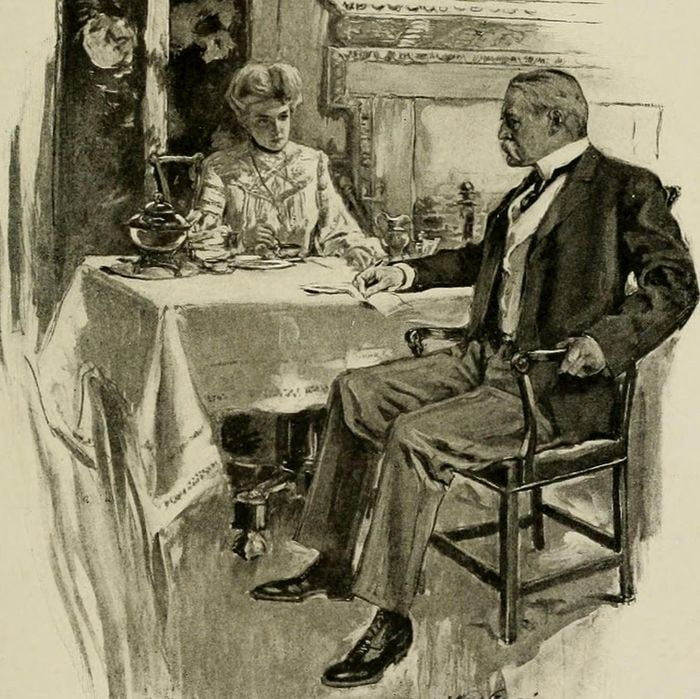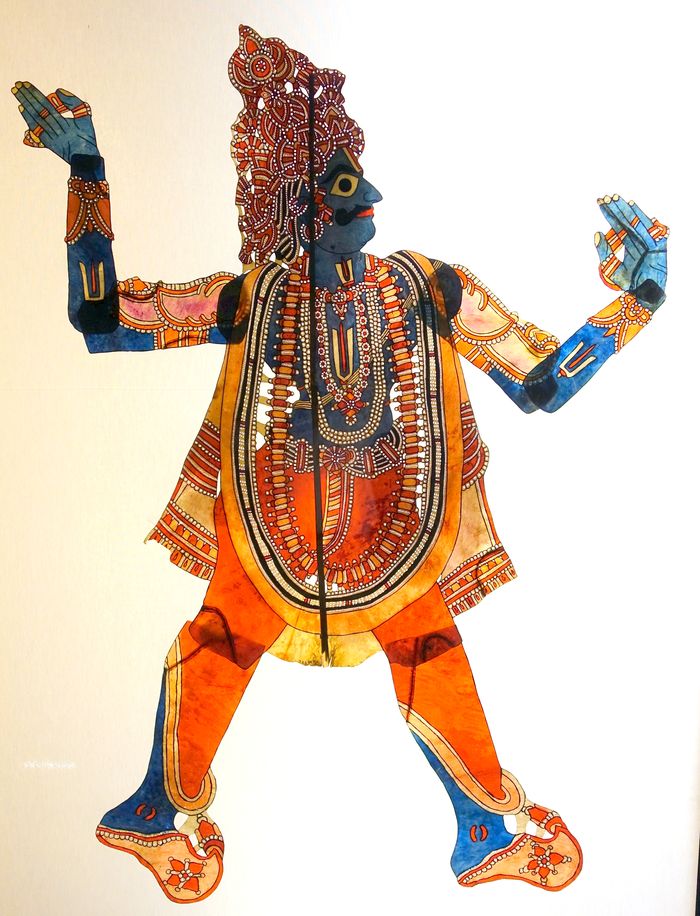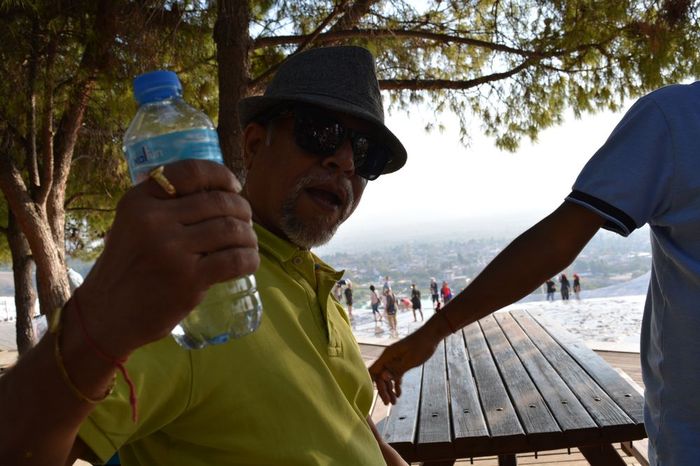Tram in Istanbul – In his book entitled “”A Tramway from Dersaadet to Istanbul,”” R. Sertag Kayserilioglu tells the story of public transport, beginning in 1871 with the I.E.T.’s (Istanbul Electric Tramway Tunel) horse-drawn tramways. In so doing the book also sheds light upon an important chapter in the urban social history of Istanbul.
Tunel-Sisli becomes the first tramway line
In Istanbul, the excitement had begun. As would have been expected, some infrastructure limitations came to light during the process of converting to electrical tramways. There was great surprise and expectation when lines started to be laid on the new Galata Bridge as in a short time, the first tramway cars would be passing over the bridge. The first line was the Tiinel-Sisli line.
The dates for the other lines being fed electricity was listed in order as follows: 16th August 1913: Tunel- Sisli, 10th January 1914: Karakdy-Besiktas, 12th January 1914: Galatasaray-Galata, 2nd February 1914: Eminonu-Sirkeci, 11th February 1914: Begiktag-Ortakoy, 20th February 1914: Sirkeci-Beyazit, 30th March 1914: Beyazit-Aksaray, 18th May 1914: Sehzadebagi-Fatih, 23rd November 1914: Arnavutkoy – Bebek.
Tramway signs
Tram in Istanbul – Until the end of 1928, tramway signs could be seen both in old Turkish and also in some incomprehensible writing style that resembled French phonetics in Turkish. The reason for this was, of course, the large numbers of minorities living in Istanbul, the Levantines and the many foreign tourists. For example: Chichli (Sisli), Eyoub (Eyup) Matchka (Macka), Karakeury (Karakoy), Bechictache (Besiktas).
The same writing style could be seen on tickets and traffic signs. The tramway company executives, ever thoughtful, also had picture symbols of destinations painted on the signs and wagons, so that the illiterate could board the right tramway. For instance, there was a picture of a tower on the Yedikule (“”Seven Towers””) tramway and a picture of a cannon ball on the Topkapi (“”Cannon’s Gate””) tramway.





